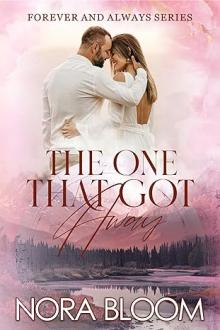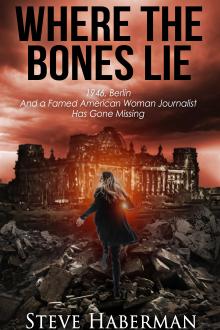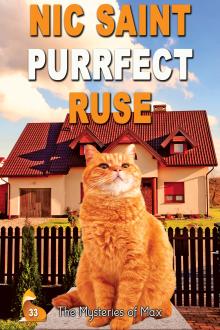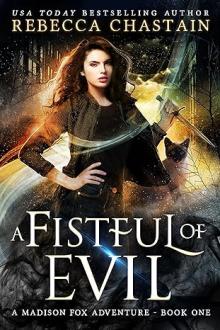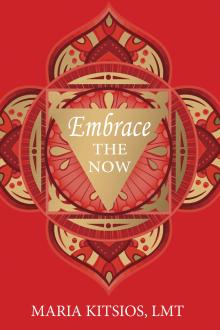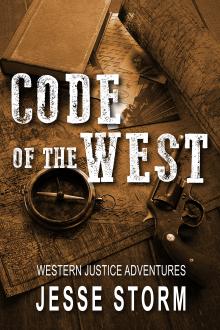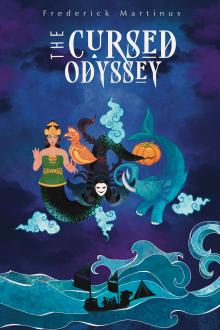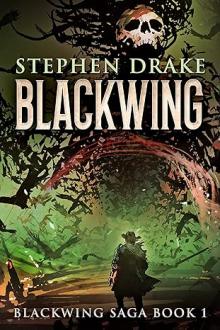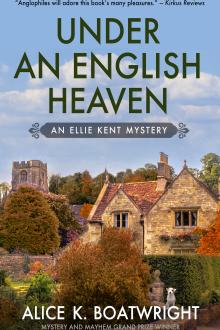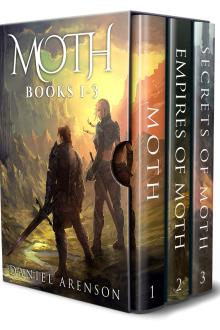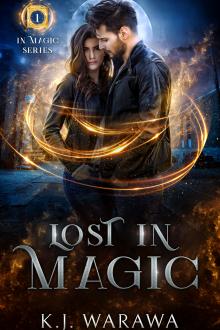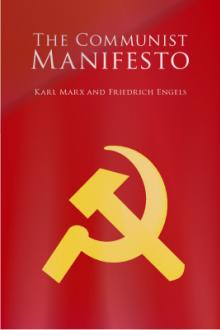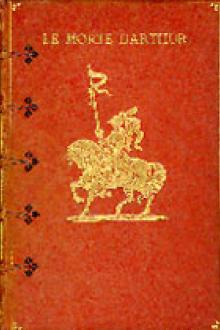Mysticism in English Literature
Mysticism in English Literature
The variety of applications of the term "mysticism"' has forced me to restrict myself here to a discussion of that philosophical type of mysticism which concerns itself with questions of ultimate reality. My aim, too, has been to consider this subject in connection with great English writers. I have had, therefore, to exclude, with regret, the literature of America, so rich in mystical thought.
Book Excerpt
Among English writers and poets the only two who fulfil this strict definition of a mystic are Wordsworth and Blake. But we are not here concerned primarily with a study of those great souls who are mystics in the full and supreme sense of the word. For an examination of their lives and vision Evelyn Underhill's valuable book should be consulted. Our object is to examine very briefly the chief English writers--men of letters and poets--whose inmost principle is rooted in mysticism, or whose work is on the whole so permeated by mystical thought that their attitude of mind is not fully to be understood apart from it.
Naturally it is with the poets we find the most complete and continuous expression of mystical thought and inspiration. Naturally, because it has ever been the habit of the English race to clothe their profoundest thought and their highest aspiration in poetic form. We do not possess a Plato, a Kant, or a Descartes, but we have Shakespeare and Wordsworth and Browning. And further,
FREE EBOOKS AND DEALS
(view all)Popular books in Non-fiction, Criticism, Fiction and Literature
Readers reviews
0.0
LoginSign up
Be the first to review this book
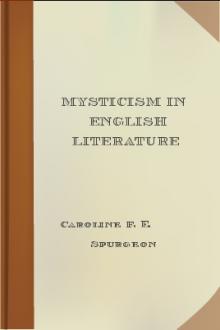
 Free Download
Free Download

